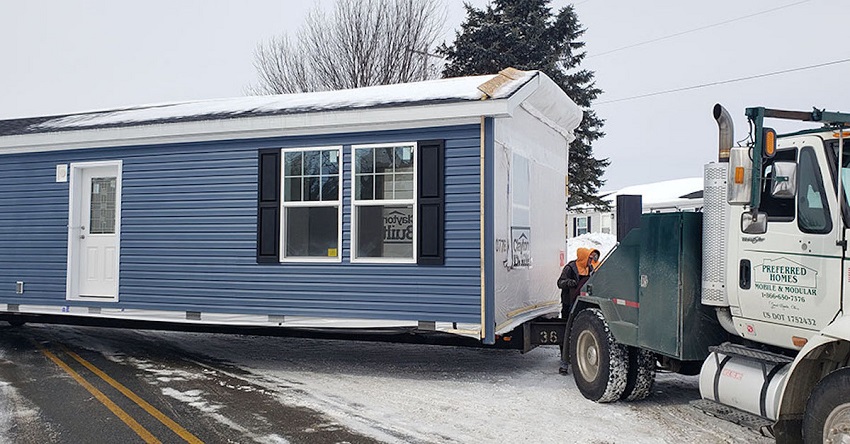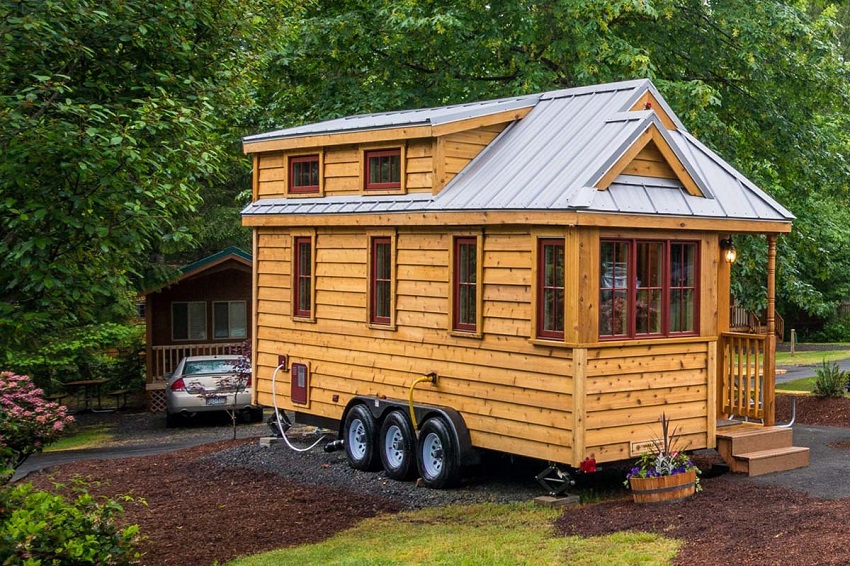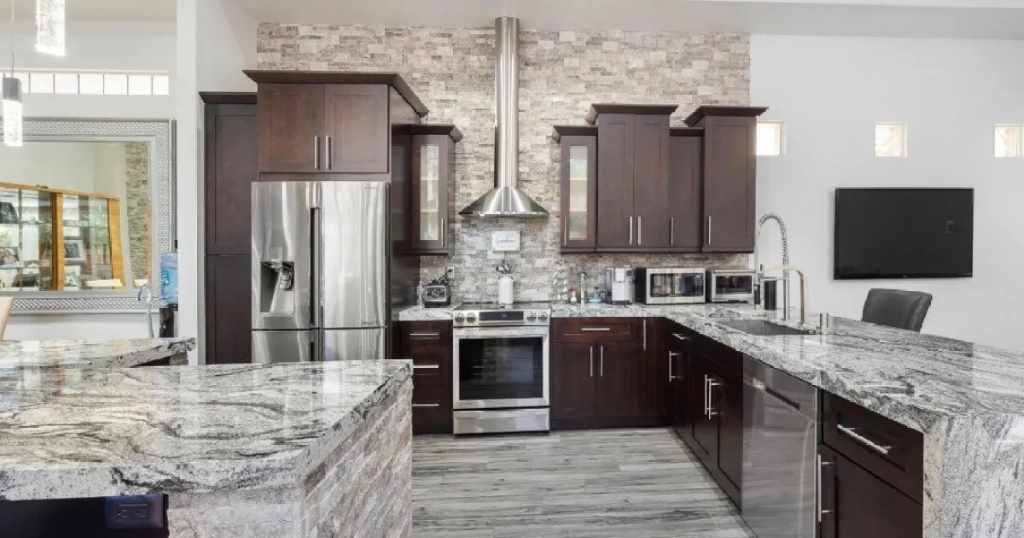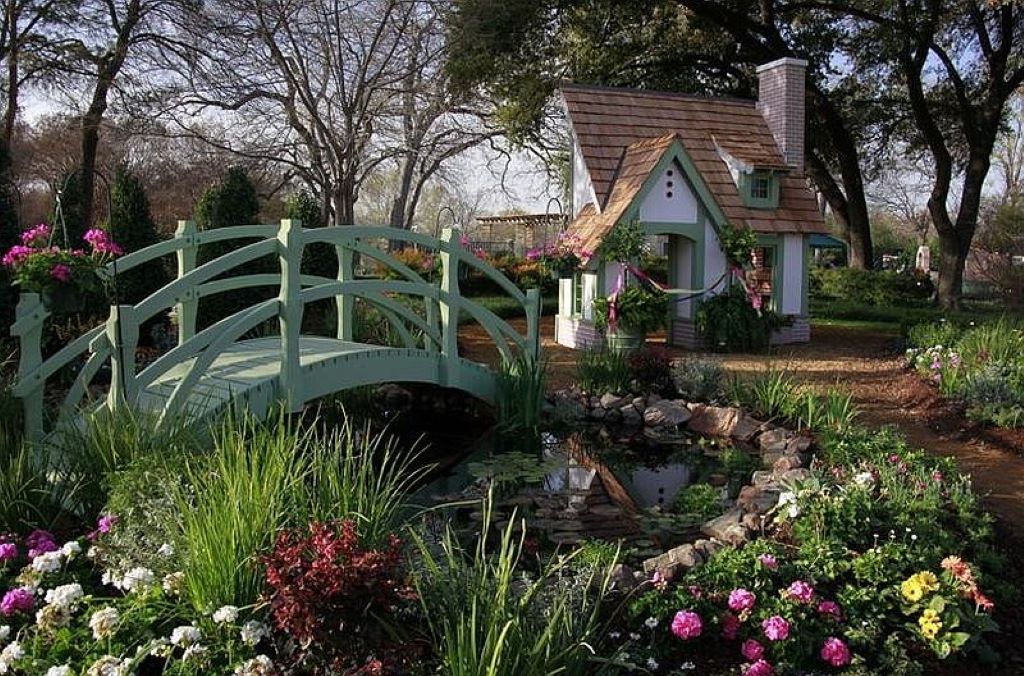Are you considering the idea of putting a mobile home on your property? Mobile homes, also known as manufactured homes, offer a flexible and affordable housing option for many individuals and families. In this article, we will explore can i put a mobile home on my property and provide you with valuable insights to help you make an informed decision.
Understanding Mobile Homes
Before diving into the logistics, let’s first understand what mobile homes are. Mobile homes are prefabricated structures built in factories and transported to their final location. They are designed to be movable but can also be permanently placed on a piece of land. These homes come in various sizes, styles, and configurations, catering to different needs and budgets.
Zoning and Legal Considerations
One of the crucial factors to consider when placing a mobile home on your property is zoning regulations and legal requirements. Zoning laws differ between jurisdictions and determine how land can be used. You need to consult local authorities and understand the zoning regulations applicable to your property. This ensures compliance and avoids potential legal issues.
Permits and Regulations
Placing a mobile home on your property typically requires obtaining permits and adhering to specific regulations. These permits and regulations may include land use permits, building permits, and certifications to ensure the home meets safety and quality standards. Familiarize yourself with the local permitting process to ensure a smooth and lawful installation.
Land Preparation
Before placing a mobile home, proper land preparation is necessary. This involves clearing the land, leveling the surface, and ensuring it can support the weight of the home. Depending on your property’s condition, you may need to address issues such as drainage, soil stability, and the removal of any obstacles that could hinder the installation process.
Utilities and Services
You’ll need access to utilities and services to make your mobile home functional. Ensure that your property has connections to electricity, water, and sewage systems. Contact the appropriate service providers to determine if they can accommodate your mobile home and discuss any additional requirements or costs.
Foundation and Installation
Mobile homes can be placed on different types of foundations. The most common options include concrete slabs, pier and beam systems, and steel piers. Each foundation type has its own advantages and considerations. Consult with professionals to determine the most suitable foundation for your mobile home based on your location, soil conditions, and local regulations.
Safety and Security Measures
Ensuring the safety and security of your mobile home is paramount. Consider installing safety features such as smoke detectors, carbon monoxide detectors, and fire extinguishers. Additionally, reinforce the home’s security by installing sturdy doors, window locks, and an alarm system. Taking these measures will provide peace of mind and protect your investment.
Insurance and Financing
Mobile homes, like traditional houses, require insurance coverage. Consult with insurance providers specializing in mobile homes to obtain appropriate coverage for your property. Additionally, explore financing options tailored specifically for mobile homes to help you with the purchase or installation costs.
Maintenance and Upkeep
Proper maintenance and regular upkeep are essential for the longevity of your mobile home. Create a maintenance schedule that includes routine inspections, cleaning, and repairs. Pay attention to the roof, plumbing, electrical systems, and exterior components. Regular maintenance ensures your home remains in good condition and retains its value.
Advantages and Disadvantages
Mobile homes offer several advantages, such as affordability, mobility, and the ability to customize. They provide an opportunity for homeownership at a lower cost than traditional houses. However, it’s important to consider the potential disadvantages, such as limited appreciation value and potential challenges when selling in certain markets.
Advantages of Mobile Homes:
- Affordability: Mobile homes are generally more affordable than traditional houses, making homeownership accessible to a wider range of people. They often have lower purchase prices and lower property taxes, allowing individuals with limited budgets to own a home.
- Flexibility and Mobility: As the name suggests, mobile homes offer the advantage of mobility. They can be easily transported to different locations, allowing homeowners to move if needed or desired. This is particularly beneficial for individuals who prefer a nomadic lifestyle or frequently relocate due to work or other circumstances.
- Customization Options: Mobile homes can be customized and personalized to suit individual preferences. Manufacturers offer a variety of floor plans, sizes, and features, allowing homeowners to choose the layout and design that best suits their needs. Customizations can include additions such as porches, decks, and skirting.
- Energy Efficiency: Modern mobile homes are designed with energy efficiency in mind. They are often equipped with energy-saving features such as improved insulation, energy-efficient appliances, and HVAC systems, which can help reduce energy consumption and utility costs.
- Community Living: Many mobile home parks and communities provide a sense of community and camaraderie among residents. This can appeal to individuals who prefer a close-knit neighborhood environment or enjoy socializing with their neighbors.
Disadvantages of Mobile Homes:
- Depreciation: Unlike traditional houses, mobile homes depreciate over time. This means that they may not appreciate in the same way as real estate investments. However, this can vary depending on the mobile home’s location, condition, and age.
- Limited Financing Options: Obtaining financing for a mobile home can be more challenging than traditional houses. Some lenders may have stricter requirements or higher interest rates for mobile home loans. Additionally, mobile homes on rented land may not qualify for traditional mortgage loans.
- Resale Challenges: Selling a mobile home can sometimes be more difficult than selling a traditional house. Depending on local regulations, the pool of potential buyers may be smaller, and there could be restrictions on transferring the home to a new location.
- Limited Space: Mobile homes typically have smaller living spaces than traditional houses. This can pose challenges for families or individuals requiring more room or needing specific space.
- Maintenance and Durability: Mobile homes may require more frequent maintenance than traditional ones, particularly if older or poorly maintained. They may be more susceptible to damage from severe weather conditions such as hurricanes or strong winds.
Environmental Impact
Mobile homes can be a sustainable housing option when properly designed and maintained. They can be energy-efficient and incorporate eco-friendly features such as solar panels and energy-saving appliances. When considering a mobile home, explore options that align with your environmental values and reduce your ecological footprint.
Community Living
Many mobile home parks and communities offer affordable housing options and a sense of community. Living in a mobile home community provides opportunities for social interactions, shared amenities, and a support network. If community living aligns with your lifestyle preferences, explore the available options in your area.
Future Plans and Resale Value
Consider your long-term plans and the potential resale value of your mobile home. While mobile homes may not appreciate like traditional houses, proper maintenance and improvements can positively impact their value. If you plan to upgrade or sell your mobile home, consult real estate professionals to maximize its potential.
Conclusion
Placing a mobile home on your property can be a viable and cost-effective housing solution. You can successfully integrate a mobile home into your property by understanding the zoning regulations, obtaining necessary permits, and addressing logistical considerations. Consider the advantages, disadvantages, and environmental impact before making your decision. Remember to prioritize safety, maintenance, and community to create a comfortable and fulfilling living environment.






